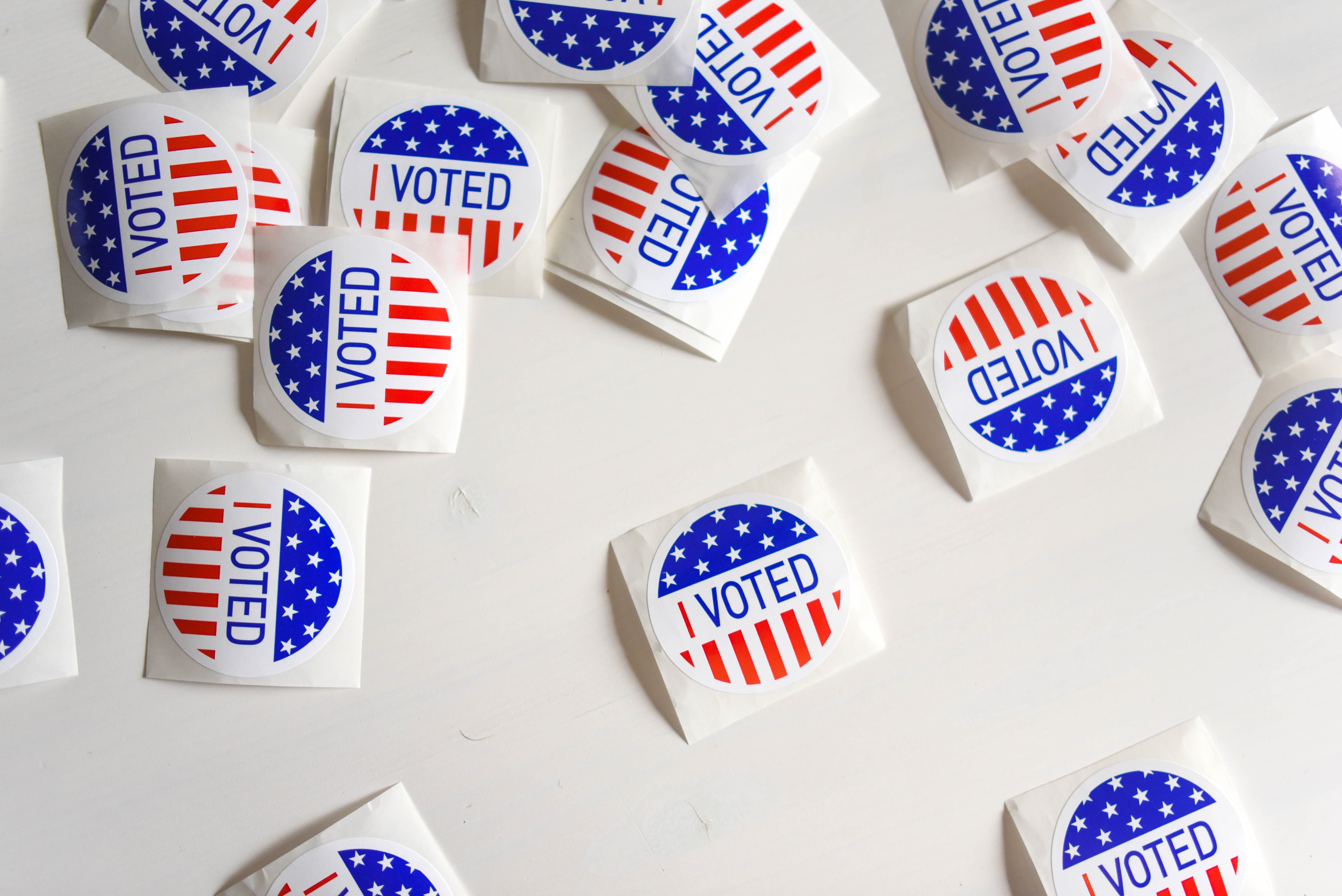Photo by Element5 Digital on Unsplash.
On Oct. 15, the fourth Democratic presidential primary debate took place. The debate consisted of 12 candidates, all different, yet similar in some aspects. Debate topics were more or less the same as previous debates: arguing about the semantics and slightly different ideas about healthcare, bashing the current president and stances on various controversial and contentious political issues.
This debate, however, started off a bit differently. With the impeachment inquiry taking hold in Congress, it was sure to be a hot topic among the candidates. All candidates agreed and voiced their support for impeachment. Although they all agreed, many of the candidates disagreed on how to handle the fallout.
Establishment Democrats, such as former Vice President Joe Biden, believe that after President Trump is out of office (whether by impeachment or loss of election), the U.S. political system should return to the status quo, before Trump “corrupted” it. More progressive candidates such as Senator Bernie Sanders, Senator Elizabeth Warren and Andrew Yang believe that Trump was not the cause of the problems within the political system, but a symptom of a long-standing issue in the United States.
Another important issue was the discussion about healthcare, and whether Medicare for All is an appropriate plan to put into place. The progressive candidates encouraged Medicare for All, while the establishment Democrats felt as though the American people should be able to have the choice of their private insurance.
Medicare for All is the correct choice of a health care plan. The United States is one of very few developed nations to not have some sort of universal health care plan put into effect, and it’s about time people stop worrying about whether they can afford to go to the doctor. As students, we are exposed to a variety of ailments throughout the school year and we shouldn’t have to worry about deductibles and premiums when we graduate. Our families don’t deserve to struggle. If the U.S. government can afford to spend $600 billion a year on the military, they should be able to ensure every American citizen receives adequate healthcare.
Another contentious discussion on the debate stage was the economy – more specifically, billionaires and whether or not they should exist. Senator Bernie Sanders was asked about his previous statement that billionaires shouldn’t exist, and he doubled down on his position.
“We cannot afford a billionaire class, whose greed and corruption has been at war with the working families of this country for 45 years,” said Sanders.
When asked to respond, billionaire and presidential candidate Tom Steyer agreed with Senator Sanders, which surprised the audience.
“Senator Sanders is right. There have been 40 years where corporations have bought this government, and those 40 years have meant a 40-year attack on the rights of working people and specifically on organized labor,” said Steyer.
This is essentially the most relevant topic to college students, as juniors and seniors need to be looking toward what their future will look like in the workforce. The three richest people in America own more wealth than the bottom 50% combined. This topic needs to be added into the discussion of graduating from higher education. Just because the economy is doing well does not mean that the individual worker is. Billionaires should not be a class in America – not when there are so many people who struggle to afford to survive.
The debate had a few highlights worth mentioning, such as taking down big pharmaceutical companies, foreign policy and Senator Sanders’ recent heart attack, which prompted a discussion about age in office. The question came across a bit awkward, and honestly I’m not sure if age is an issue many voters consider when they cast a vote. Overall, the debate was more of the same with some surprising anecdotes. However, I look forward to seeing whether the Democratic party ends up supporting the past, or the future.
Bryanna Miller is a third-year student majoring in media and culture. BM9423494@wcupa.edu

